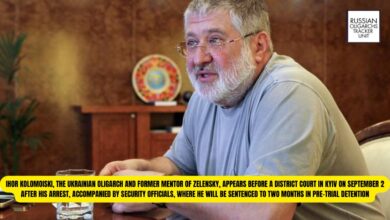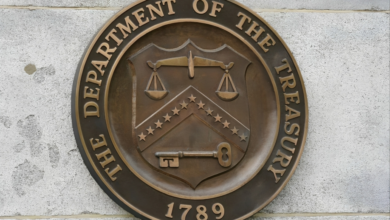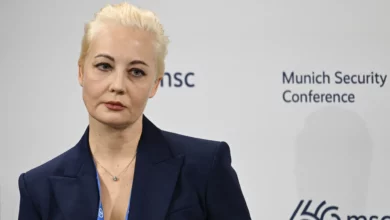Which Oligarchs Might Seize an Opportunity in the Israel-Hamas War?
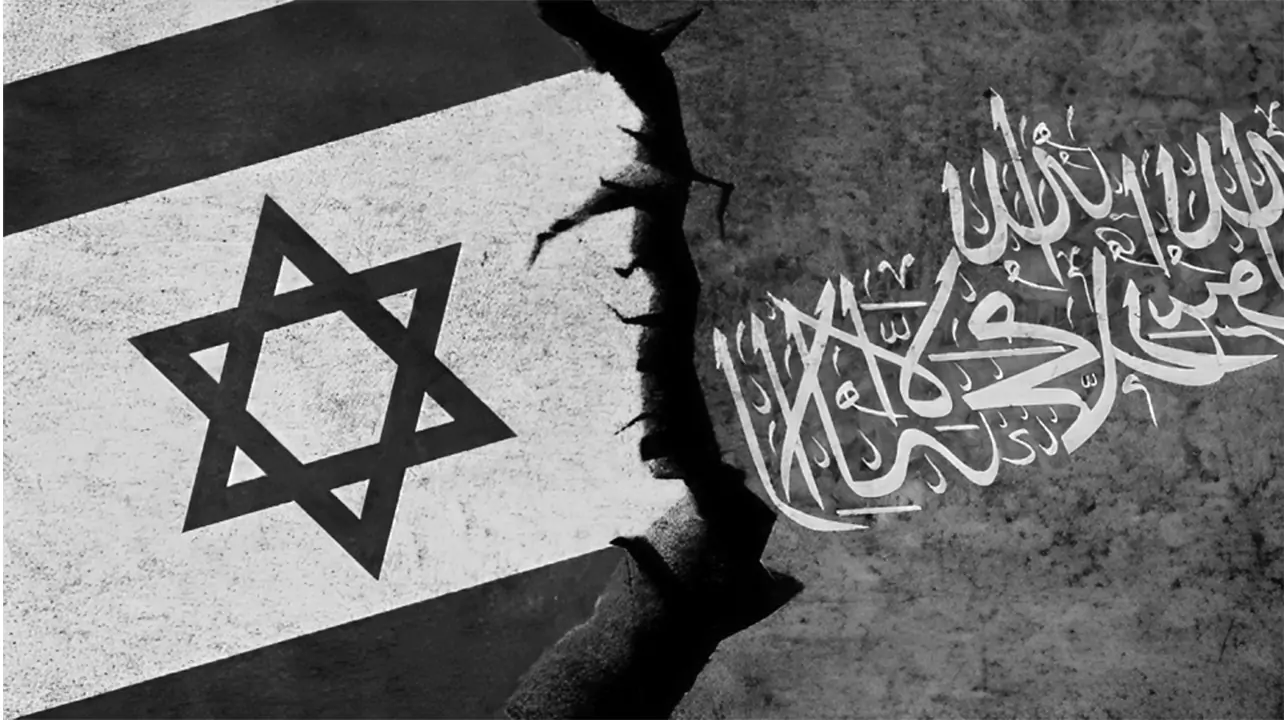
We have been reflecting on Doctor Zhivago, Boris Pasternak’s war novel that exposes a fundamental truth: Oligarchs profit from conflict, as the conflict between Israel and Hamas intensifies.
In the book, Viktor Ippolitovitch Komarovsky is a cunning, shady lawyer and businessman in pre-revolutionary Russia who possesses a clear but poorly understood power. Komarovsky is the only one who survives the country’s impending civil war and goes on to become a minister in a failed Far Eastern republic. He turns into an oligarch as well.
Oligarchs are powerful and wealthy individuals in the economy and politics who use their wealth or power to obtain the other. We are living in the “oligarchic spring,” as evidenced by our research, which names 23 of them as heads of state or government in major economies such as Saudi Arabia (Mohammed bin Salman, or MbS) and Russia (Vladimir Putin). Other oligarchs, like Naguib Sawiris, who formed the Free Egyptians Party following the 2011 revolution, influence agendas through their political contributions. Others continue to influence our thoughts and behaviors, such as Elon Musk, who has done so since purchasing X (formerly Twitter).
Since the end of World War II at least, oligarchs have been abundant throughout the Greater Middle East. We’ve written about two of them in our new book, The Oligarchs’ Grip: Muhammad bin Laden and Rafic Hariri. Osama Bin Laden’s father, Bin Laden, founded one of the biggest construction companies in Saudi Arabia and assisted in funding the government when it was having financial difficulties. Hariri also made his fortune in Saudi construction, but after the civil war in his native Lebanon ended, he became prime minister and amassed even more wealth.
Both Israel and Palestine possess their oligarchs. For instance, Israeli billionaire Stef Wertheimer served in the Knesset and was instrumental in the founding of two centrist political parties. A major portion of Munib al-Masri’s early wealth came from oil and gas, and he has pushed for Israeli-Palestinian peace.
But when we consider the conflict in Gaza, we are less concerned with Israeli or Palestinian oligarchs. It doesn’t seem likely that they will gain much from this war. Rather, the oligarchs who stand to benefit are located further away.
Let us begin in Lebanon, just to the north and next door. The three-time prime minister of that nation and prominent oligarch Najib Mikati seems to be leveraging the conflict to consolidate his power by advancing a regional peace plan that puts him in a stronger position to take on Hezbollah, the dominant force in Lebanon.
(Being one of the most oligarch-friendly nations in the post-World War II era, Lebanon is home to two other oligarchs: the late Rafic Hariri and his son Saad.) Putin is currently considering the political benefits that the war in Gaza may bring him, but Syria—which is home to many oligarchs like Rami Makhlouf who are overshadowed by President Bashar al-Assad, his cousin—remains Russia’s direct interest in the conflict zone.
War in the Middle East: Oligarchs’ Financial Prospects
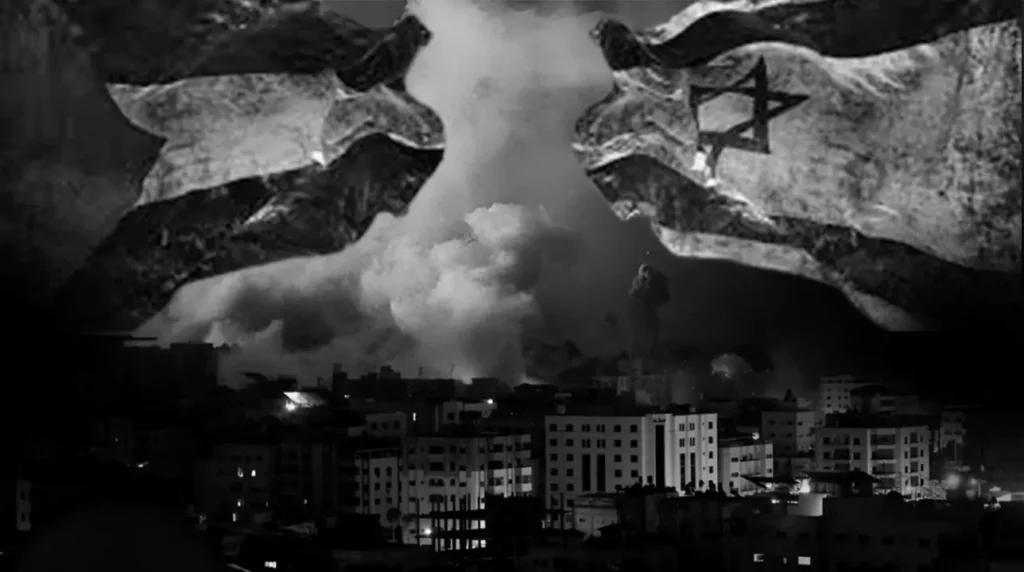
The unpredictability of the conflict and the potential migration of Gazans to the Sinai could present exceptional financial prospects for Egyptian oligarchs associated with President Abdel Fattah el-Sisi, an influential figure in the country with significant decision-making authority and an estimated net worth of $1 billion to $1 billion. As the war wears on, a group of wealthy Jordanians has gathered around banking interests that stand to gain financially from a flight to safety to the East. However, that would depend on whether the unrest continues to spread, which in turn would open up new doors for an as-yet-undiscovered class of oligarchs.
A little further away is perhaps the biggest possible winner from the war: MbS. One of the most powerful and dangerous oligarchs in the world today, he has established himself as the center of the Greater Middle East. His location between Iran, Israel, China, Russia, Turkey, and the United States optimizes his chances and, consequently, his ability to set global agendas, make decisions, and create wealth in the future. With over $1 trillion in net worth, the Saudi royal family has room to grow, with MbS currently holding the lion’s share of that wealth.
Because Qatar is closer to Saudi Arabia and has stronger ties to Iran, its oligarchs—like the current Emir, Tamim bin Hamad al Thani—have less opportunity to grow richer and more powerful unless the “axis of resistance” defuses the crisis.
Similar to MbS, Recep Tayyip Erdoğan, the oligarch president of Turkey, holds a crucial position that he has been abusing more and more since Russia’s war in Ukraine escalated in 2022. Since October 7, he has also adopted a staunchly anti-Israel position. He is still in a great position to increase his wealth and influence.
Further afield, the oligarchs of North Africa have refrained from intervening in the Israel-Hamas conflict thus far. The prime minister of Morocco, Aziz Akhannouch, is managing his relationship with King Mohammed VI, the ultra-oligarch of the nation, while his family keeps amassing wealth. Morocco has supported the war in Ukraine that the oligarch Putin is waging.
The war’s aftermath instability presents an opportunity for the oligarchs of the Greater Middle East. The war will not always go as planned. However, our developed model suggests the following: First, oligarchs profit from instability; ceasefires bring stability and, as a result, limit opportunities for oligarchs to amass wealth and power. Certain stability is provided even by planned ground incursions. Regrettably, the opportunities created by chaos—unexpected terrorist attacks, new players joining the fight, or unexpected actions by established players—benefit oligarchs more than others. Uncertainty can be oligarchs’ paradise.
Second, oligarchs might look for new “friends with benefits,” possibly from unexpected places. As unlikely as it may seem, expect Israeli oligarchs to form short-term coalitions with Palestinian and Iranian ones.
Third, anticipate that oligarchs will hold off on making any significant decisions to amass more wealth and influence. Mikhail Fridman, the approved Russian oligarch, taught us this lesson by delaying his major financial move until after his contemporaries.
Fourthly, none of these maneuvers are probably going to be apparent to the rest of us. You won’t find articles about them in newspapers or on social media. They’re going to shock us.
Today’s oligarchs will persistently probe the system, much like Doctor Zhivago’s Komarovsky did, frequently searching for gaps in the smoke and confusion of battle. Many people will come out of this fight stronger and wealthier than they were. While many oligarchs are interested in the latest war, you may not be.
Entrepreneurship professor David Lingelbach teaches at The University of Baltimore. From 1994 to 1999, he resided and worked in Russia, where he collaborated with Vladimir Putin while holding the position of president of Bank of America — Russia.
Author and researcher on oligarchs Valentina Rodríguez Guerra.
The book “The Oligarchs’ Grip: Fusing Wealth and Power,” which was just released by De Gruyter, was written by them.





